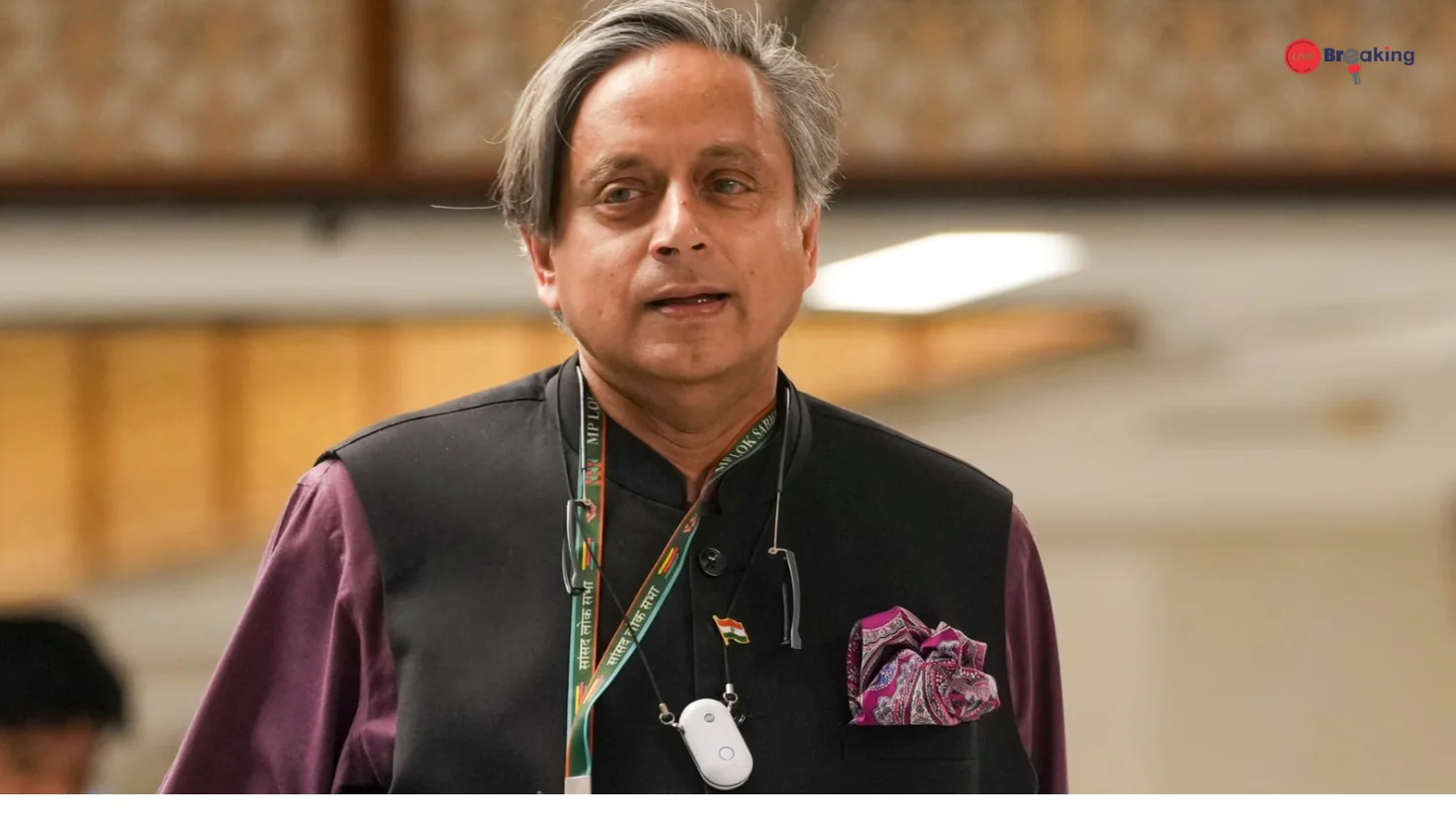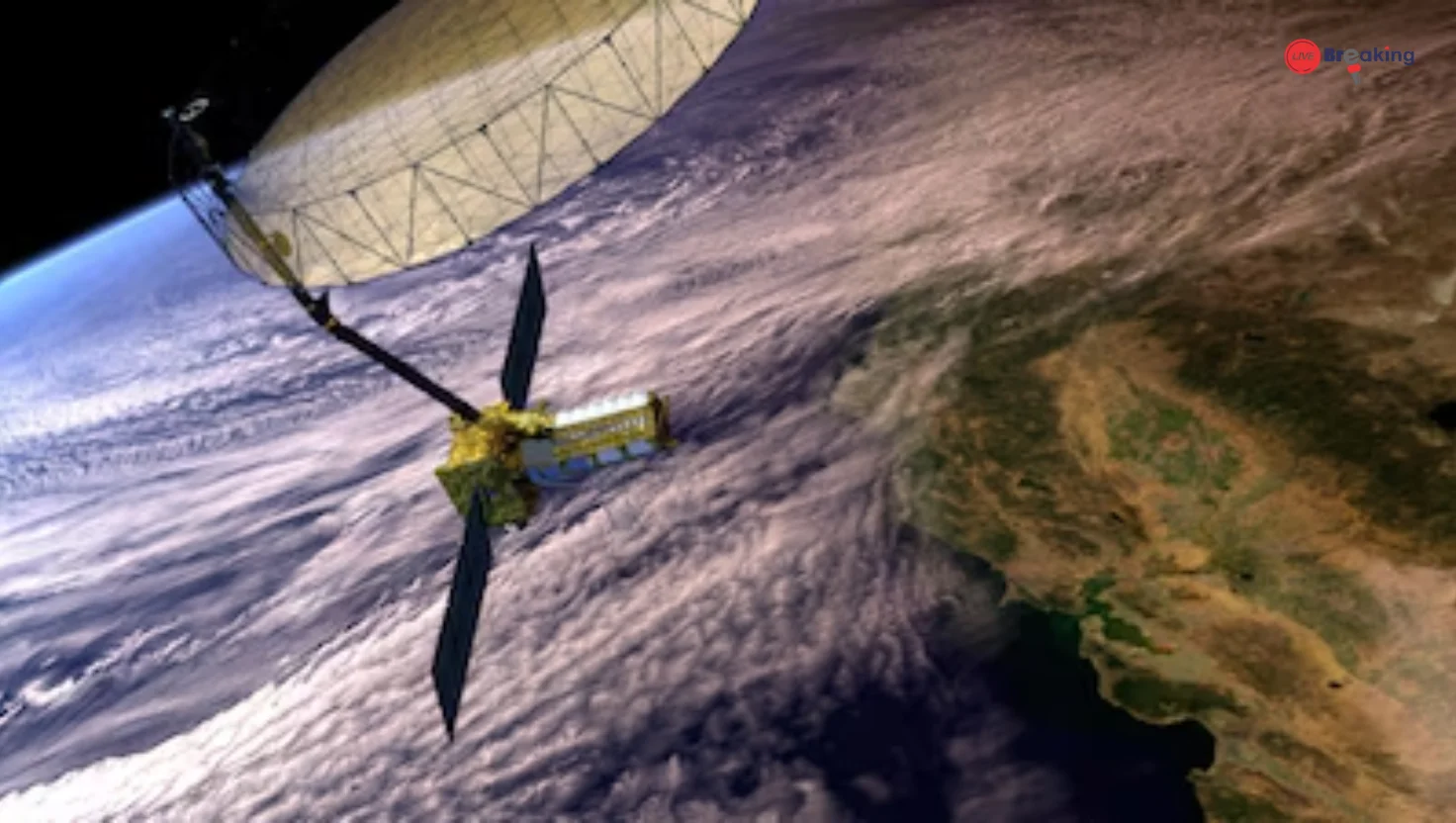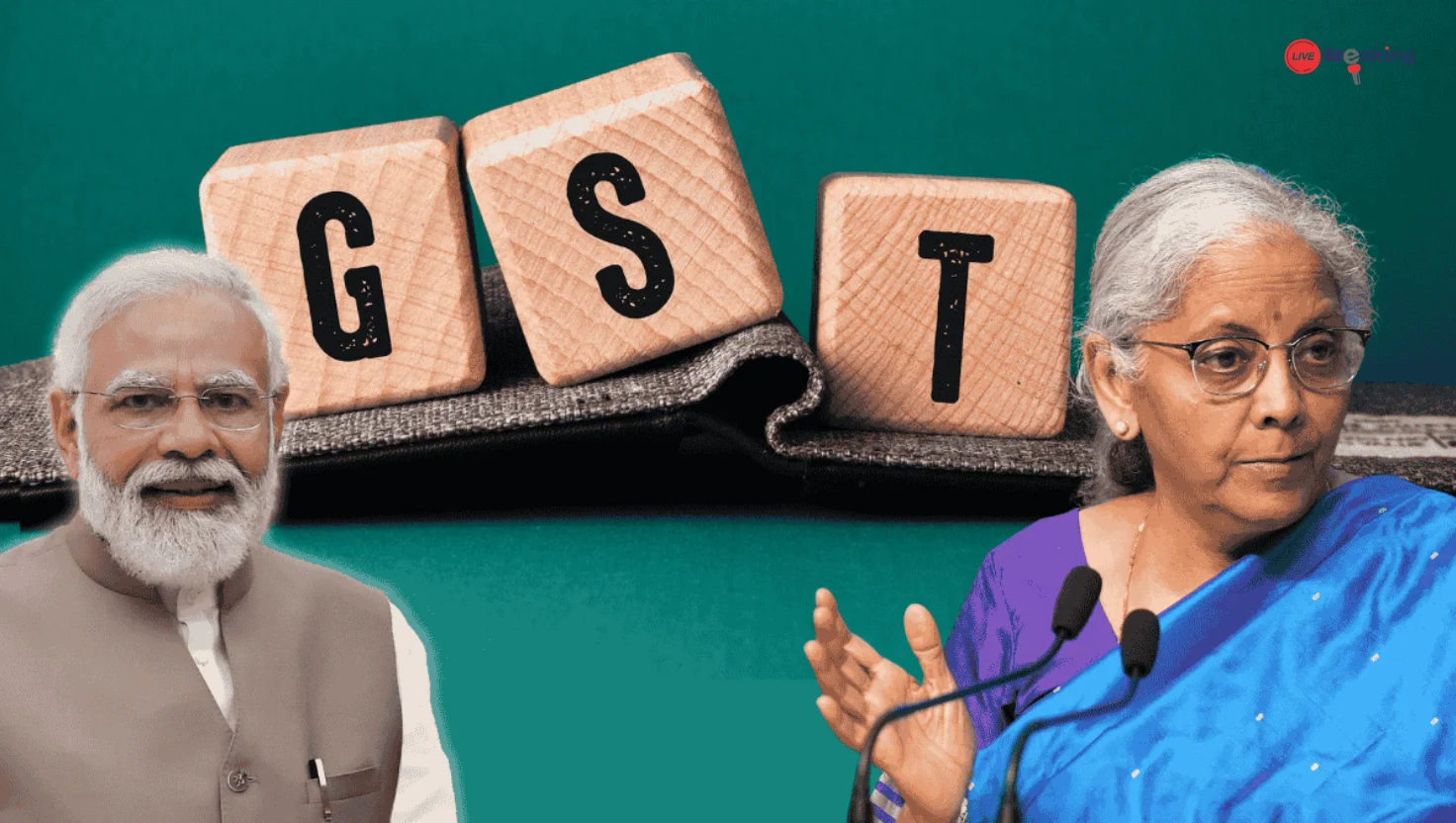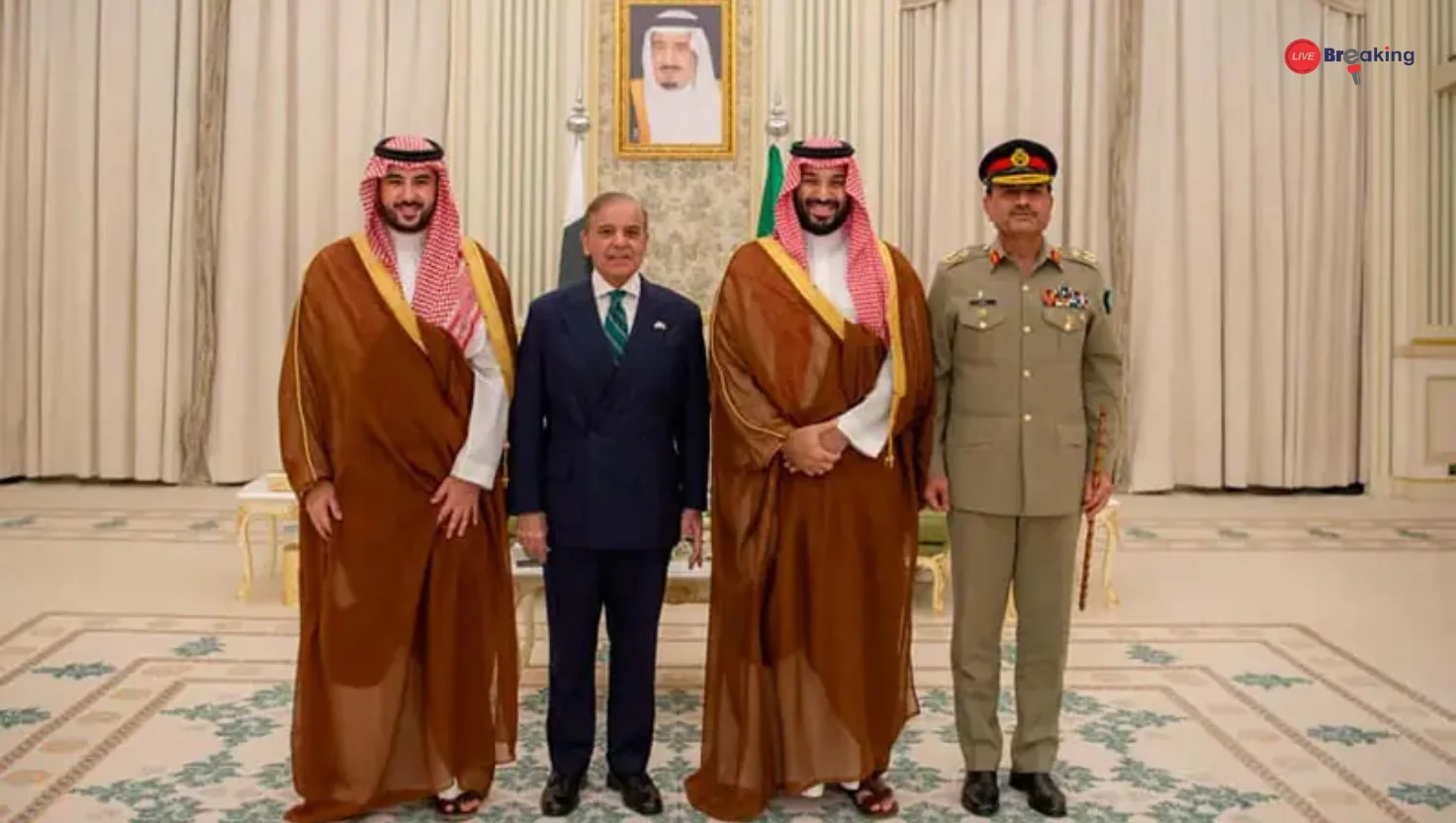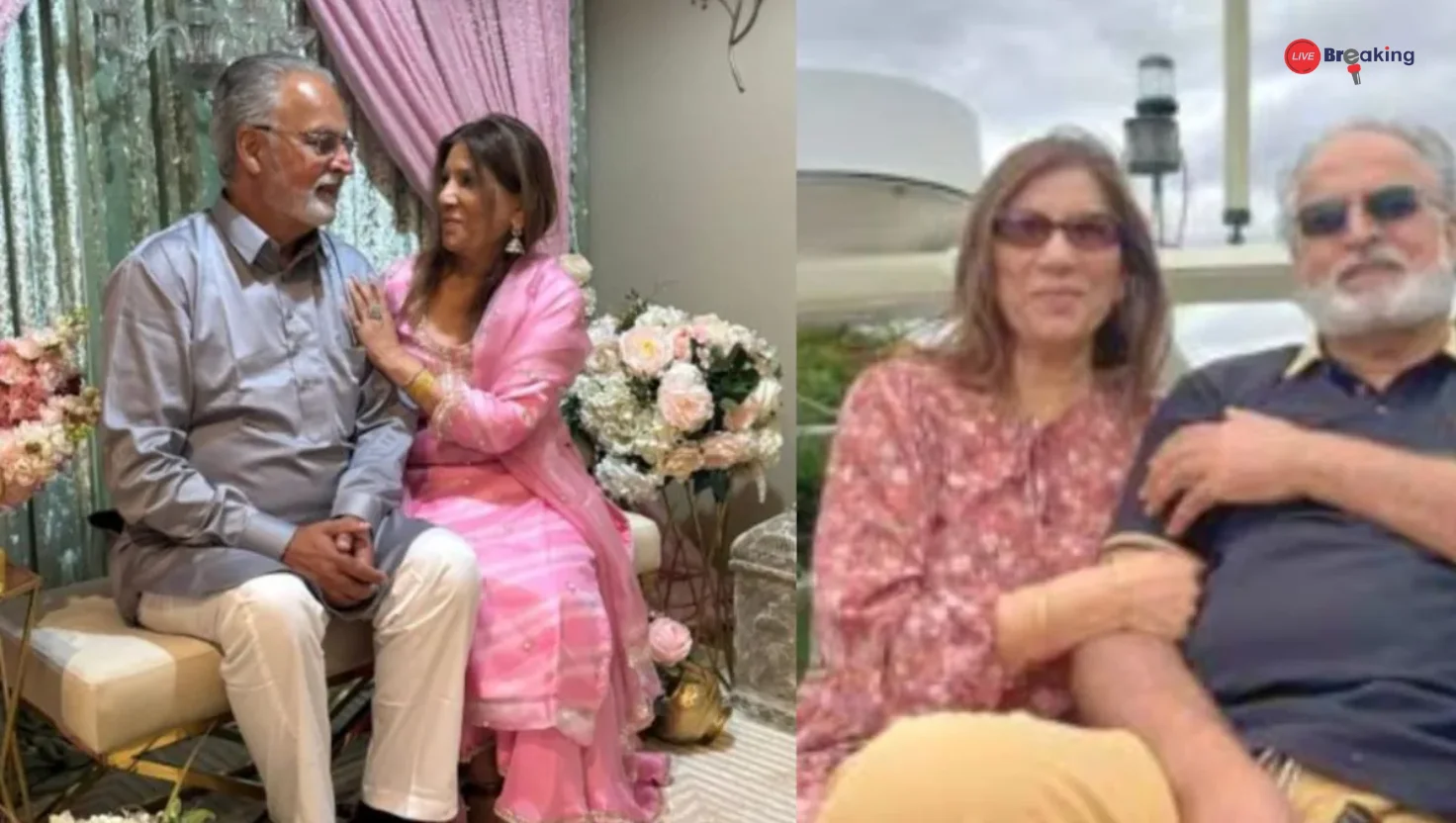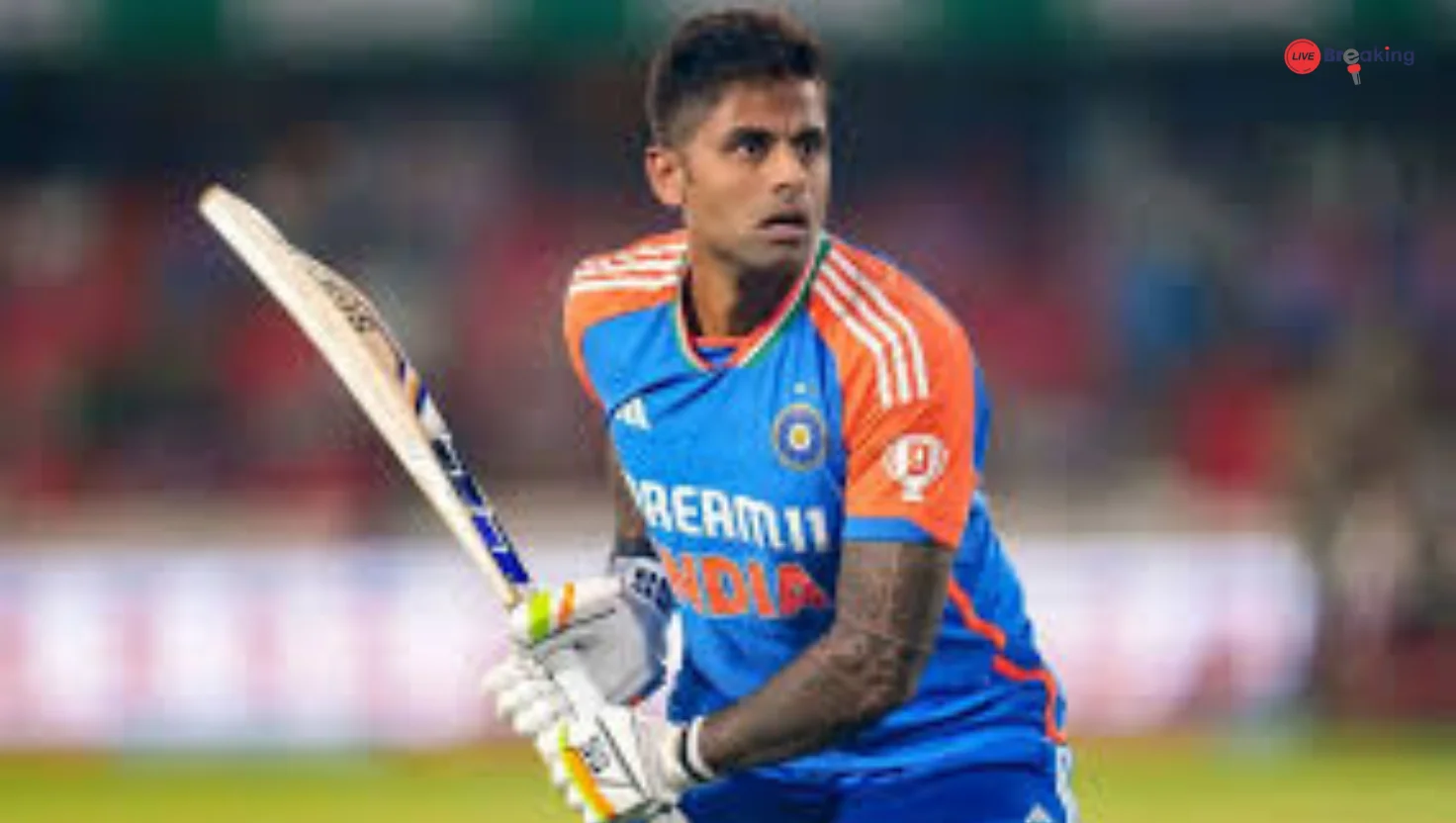Shashi Tharoor Flags ‘Hidden Message’ in US Tariff Spike, Urges Indian Response
In a sharp response to the United States’ decision to impose a 50% tariff on certain Indian goods, senior Congress leader and Member of Parliament Shashi Tharoor has called for a firm counteraction from New Delhi. Tharoor, known for his articulate takes on foreign policy, stated that the move is not just about trade but carries a “hidden message” that India cannot afford to ignore.
The Controversial Tariff Hike
The U.S. recently announced a significant increase in import duties—raising tariffs on a range of Indian products to 50%. The decision, reportedly aimed at protecting domestic industries and reducing the trade deficit, has triggered concern in diplomatic and economic circles alike. While Washington has framed the action as part of its broader protectionist strategy, Indian leaders and industry experts fear it could derail bilateral trade relations.
Reacting strongly to the development, Tharoor said, “This is not a normal tariff hike. There is a strategic undertone that suggests a message is being sent to India. And that message is: ‘Fall in line or face the consequences.’”
“India Must Retaliate”
Speaking at a policy forum in Delhi, Tharoor emphasized that India cannot afford to be passive in the face of such aggressive economic manoeuvres. “We must read between the lines. This is about more than just tariffs—it’s a test of our economic sovereignty. India must retaliate, and not just to defend its markets, but to assert its position on the global stage.”
Tharoor proposed that India explore reciprocal trade measures, potentially targeting sectors where the U.S. is vulnerable or heavily invested in the Indian market. “Strategic retaliatory tariffs can send the right message: that India will not be bullied into submission,” he added.
Broader Implications for Indo-US Ties
The development has raised fresh questions about the state of Indo-US relations, especially at a time when both nations have been drawing closer in areas like defence, technology, and strategic cooperation in the Indo-Pacific. Analysts warn that unilateral trade actions by the U.S. risk undermining hard-earned diplomatic goodwill.
“Economic nationalism in the U.S. is beginning to clash with the principles of free trade and global partnerships. This tariff move could sour relations, especially if it is perceived as punitive toward India,” said a senior trade analyst from the Indian Council for Research on International Economic Relations (ICRIER).
Read more: Donald Trump: I Don’t Care If India and Russia Collapse Their ‘Dead Economies’ Together
Tharoor echoed similar concerns, saying that friendship between two democracies must be rooted in mutual respect. “You can’t ask India to be a strategic partner on one hand and then punish us with punitive tariffs on the other. That’s not how alliances work.”
Business and Industry Reactions
The Indian industry, too, has expressed dismay at the tariff decision. Several exporters, especially from the textile, auto parts, and IT hardware sectors, have flagged concerns over reduced competitiveness and loss of market access in the U.S.
“Such a steep hike is a body blow to small and medium enterprises that rely heavily on the U.S. market,” said a spokesperson from the Federation of Indian Export Organisations (FIEO). “We urge the Indian government to take up the issue diplomatically while also supporting domestic exporters through relief packages or alternate market opportunities.”
What’s Next?
While the Indian government has yet to formally announce its response, sources indicate that high-level consultations are underway within the Ministry of Commerce and the Ministry of External Affairs. A measured but firm approach is likely, balancing retaliation with efforts to maintain the broader Indo-U.S. strategic partnership.
Read more: PM Modi Arrives in Maldives, Meets President Muizzu
Tharoor, however, remains adamant that hesitation is not an option. “India must send a clear and immediate response,” he said. “If we don’t stand up now, we risk inviting more such economic coercion in the future.”
As tensions simmer, the coming weeks will be crucial in determining whether the world’s two largest democracies can navigate this storm without jeopardising the trajectory of their growing partnership.

